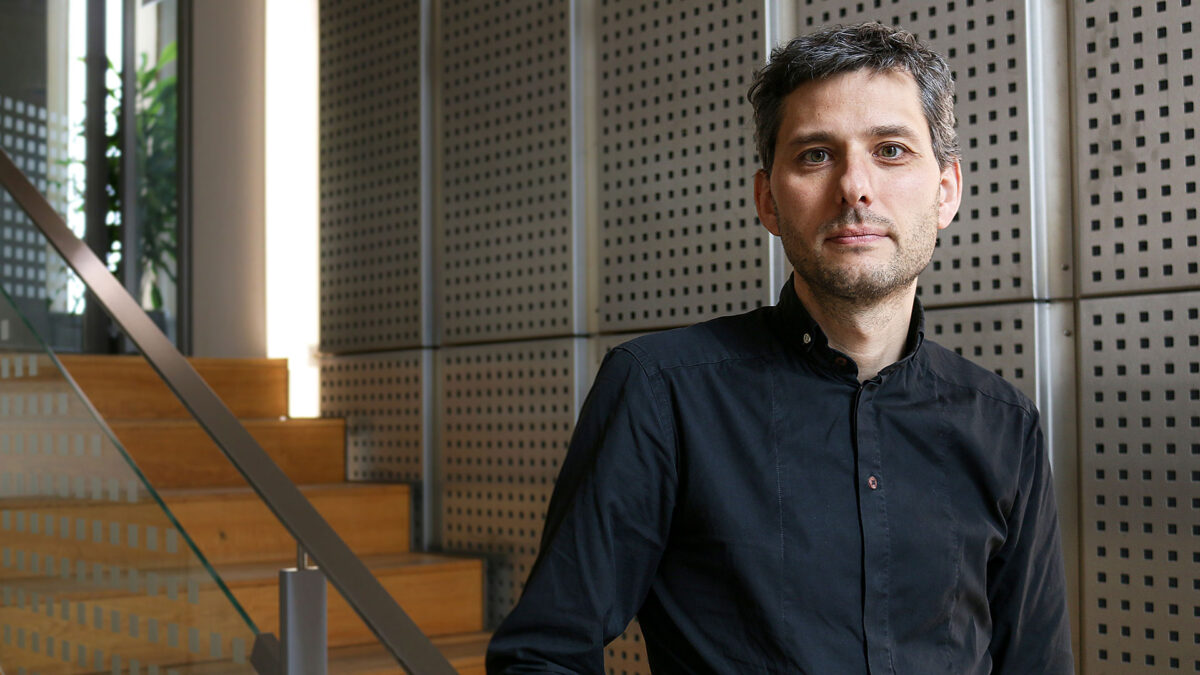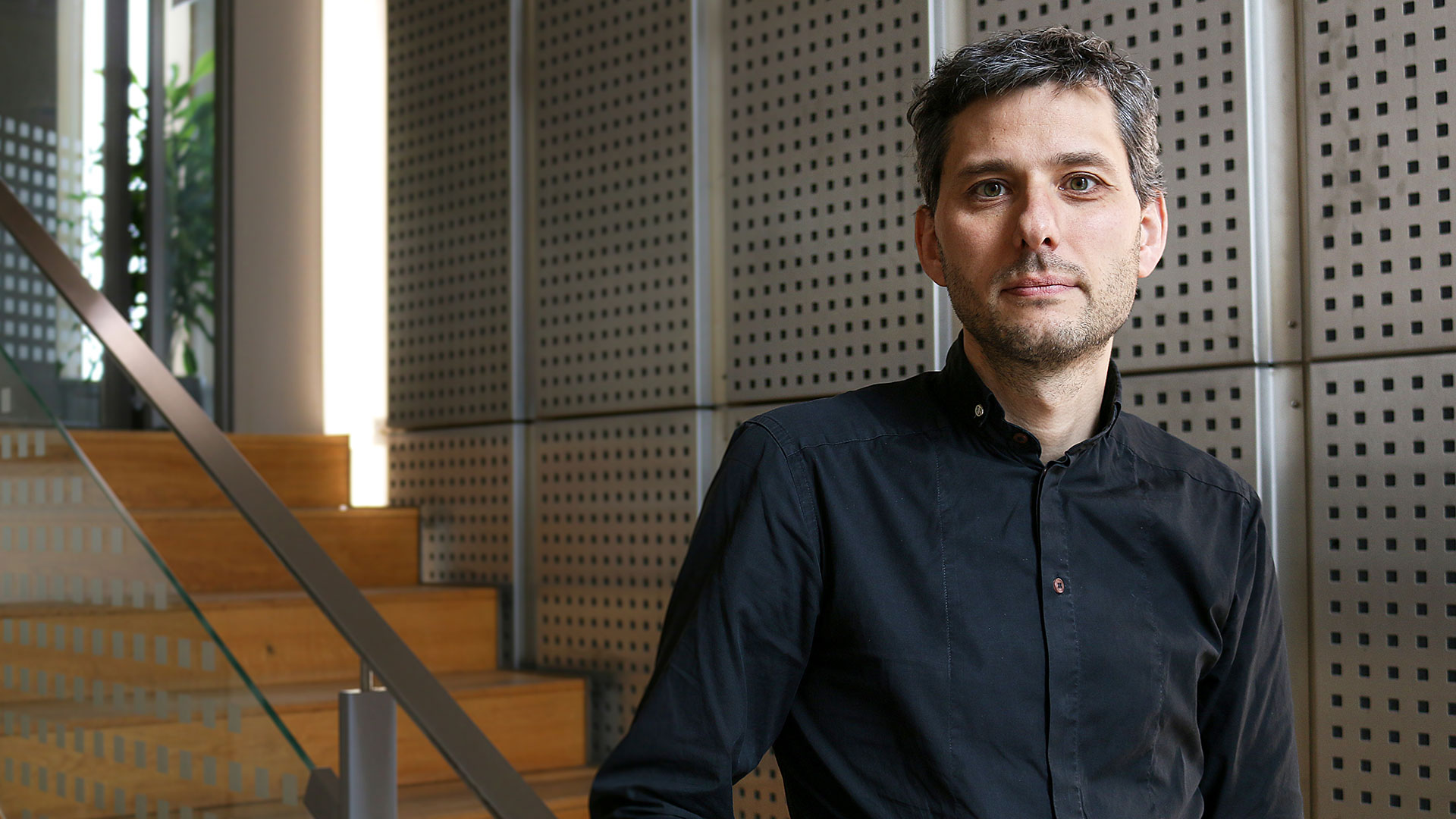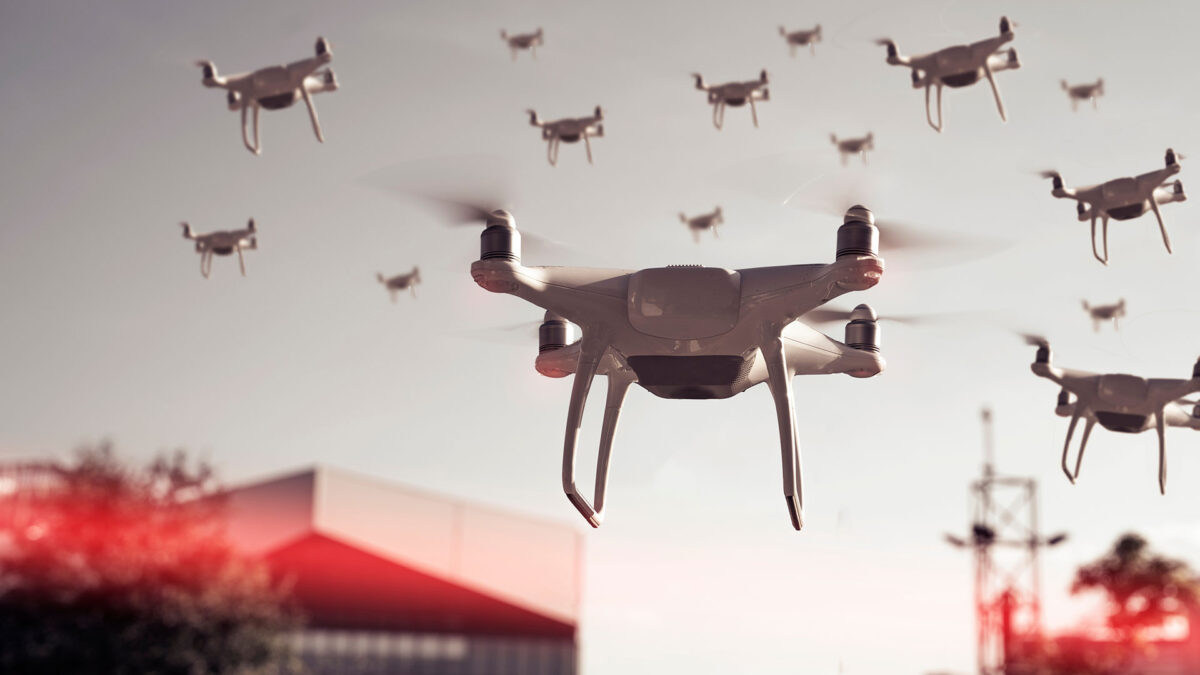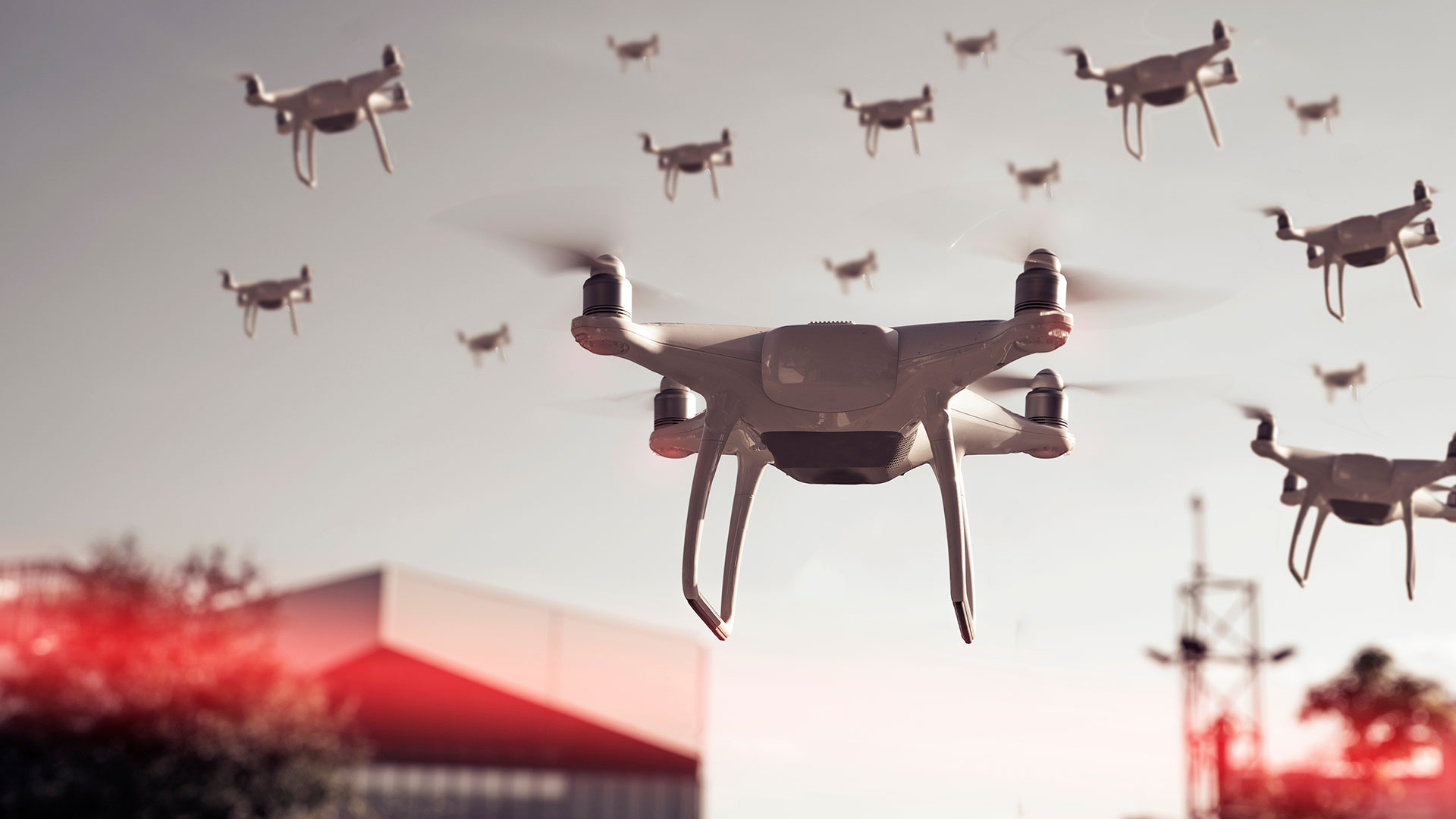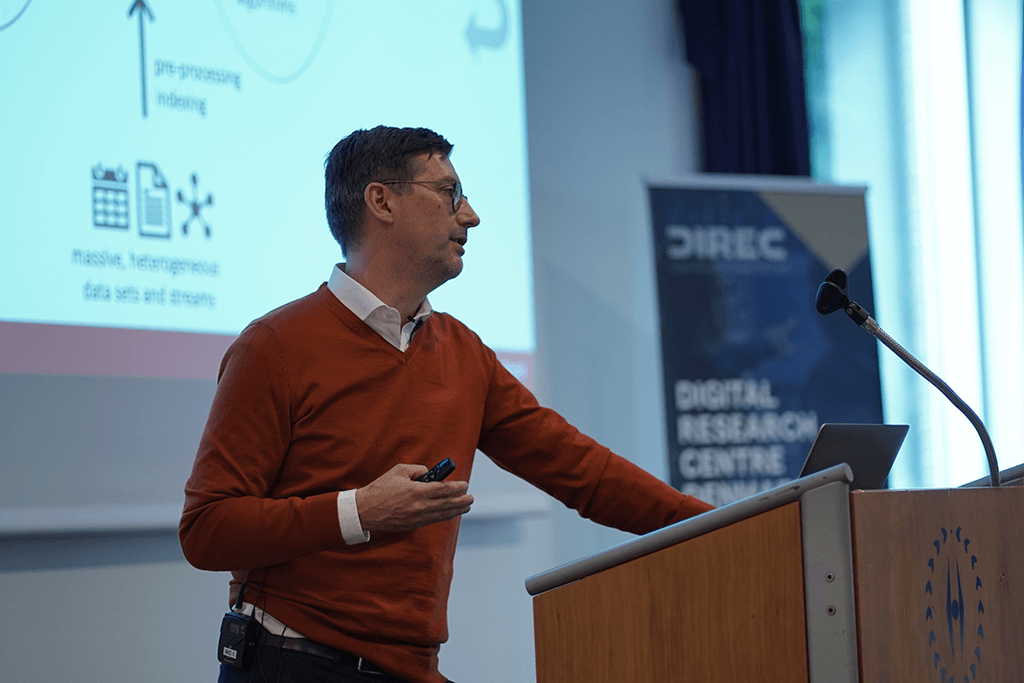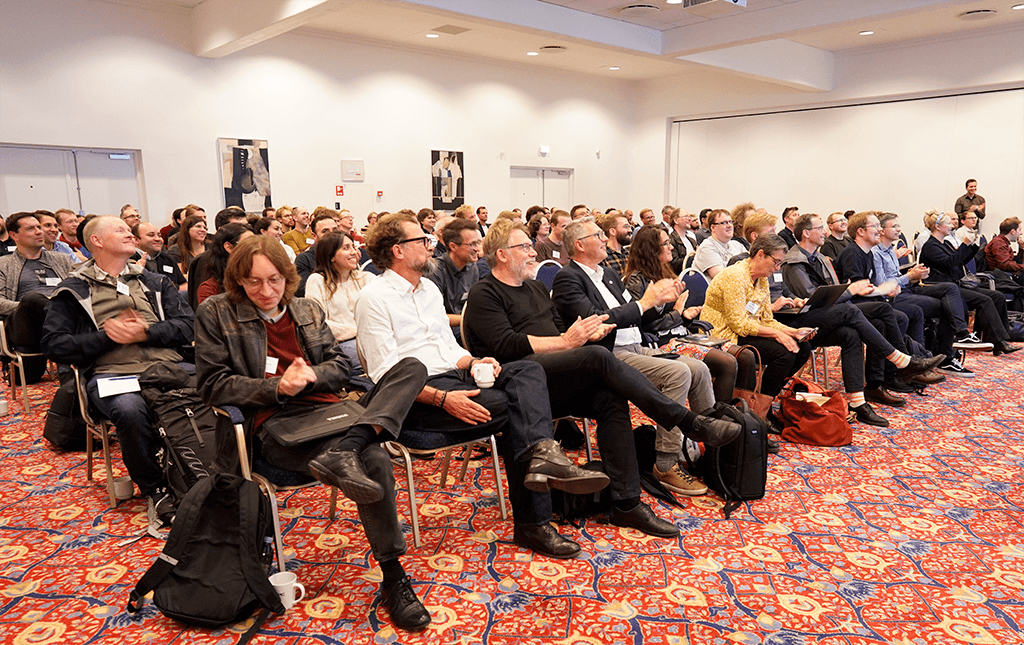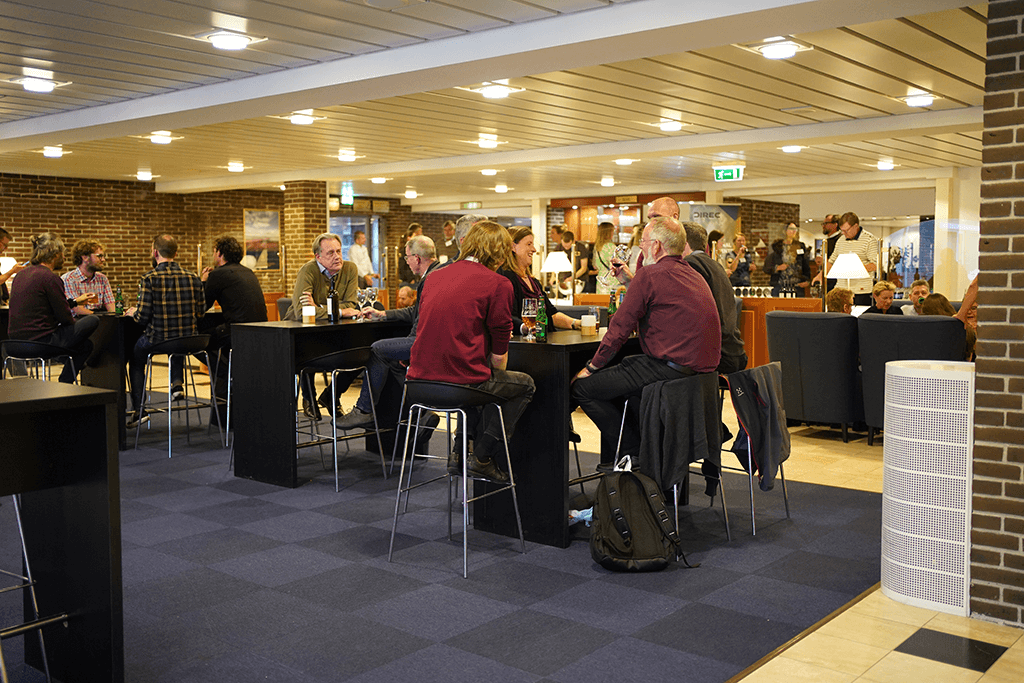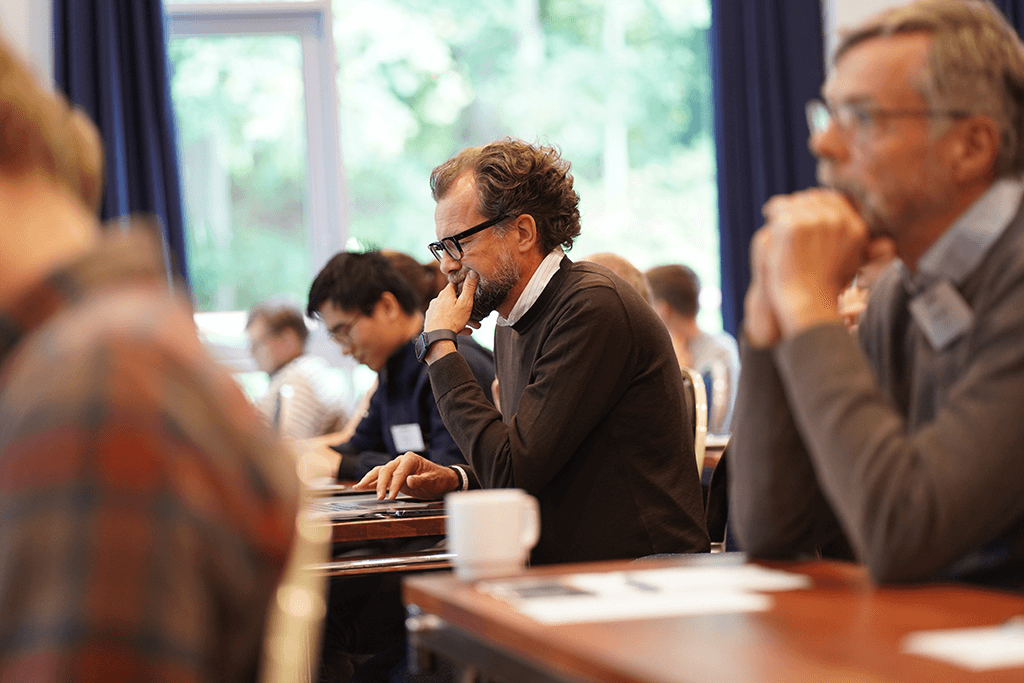Quantum Event:
Quantum in practice: Current industry applications
Join us for an afternoon filled with insights and inspiration as we explore the potential of quantum computing.
-
Aarhus Inst. of Advanced Studies
Buildings 1630-1632
Høegh-Guldbergsgade 6B
8000 Aarhus C - 31 October 2023, 13:00-16:30
- Language: Danish
-
Organizers:
DIREC, Danish Quantum Community, IDA and Digital Lead - Deadline 25 October, 2023
Are you curious about cutting-edge research and real-world applications of quantum technology?
Four leading companies working in quantum computing will share their work and showcase real-world use cases for quantum computing and quantum-inspired computing. From computational problems to chemistry and optimization, the talks will highlight how quantum computing is reshaping industries and solving today’s challenges for companies and society.
***This event will be held in Danish***
Whether you’re a quantum enthusiast or just curious about the potential of quantum technologies, this event will show you the many ways in which quantum computing can be applied to revolutionize our industries and society for good.
PROGRAMME
12.30-13.00 Lunch and networking
13.00-13.10 Welcome
13.10-13.40 Variationelle kvantealgoritmer (VQA) til kvantekemi og kemitekniske applikationer
Mark Jones, Co-Founder & CEO/CTO, Molecular Quantum Solutions
13.40-14.10 Hvordan vi finder svære beregningsmæssige problemer
Janus Wesenberg, Head of Research, Kvantify
14.10-14.20 Coffee break
14.20-14.50 Hvordan QPurpose bruger kvanteteknologi til at løse computationelle problemer på tværs af industrier
Jørgen Ellegaard Andersen, Founder and CEO, QPurpose
14.50-15.20 Kvantesikker kryptografi
Emil Hansen, CTO, Cryptomatic
15.20-15.50 Panel discussion
Moderator Sofie Lindskov Hansen, Quantum Business Developer, Sparrow Quantum
15.50-15.55 Closing remarks
15.55-16.15 Networking and refreshment



